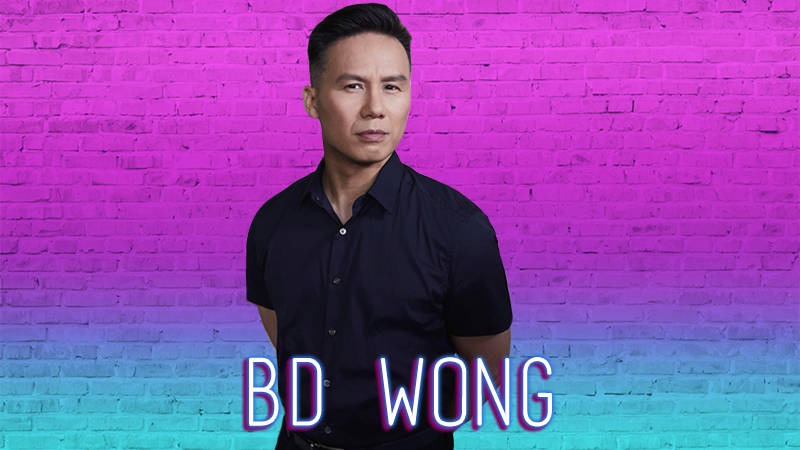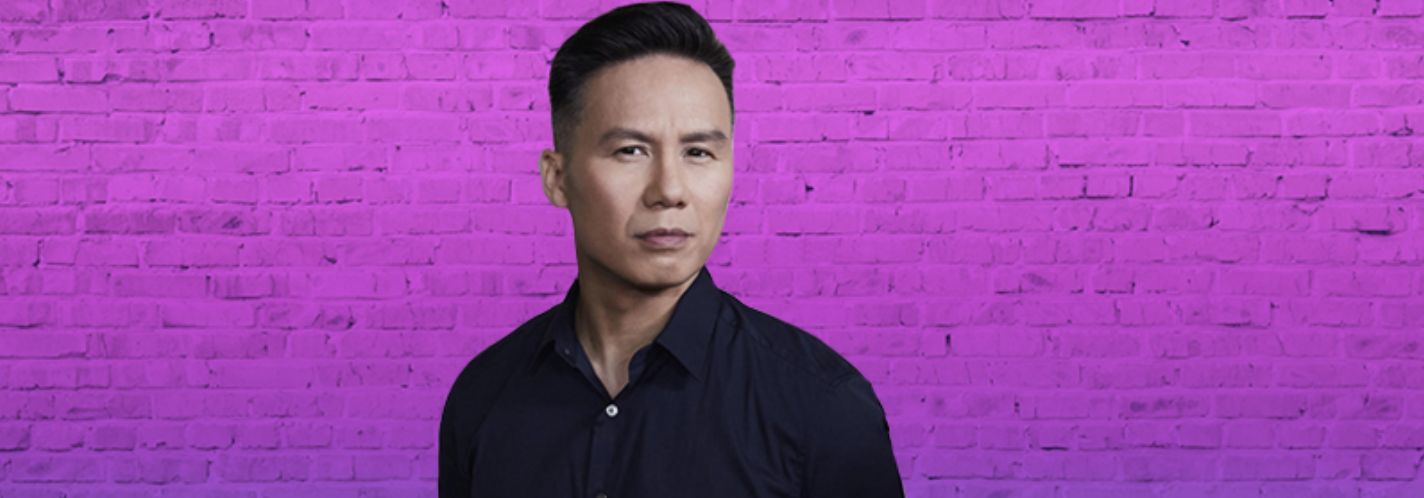This week, we are joined by a brilliant actor who’s been in—pardon my French—a sh*t ton of movies, television shows and theater productions. Jurassic Park, ever heard of it? Law and Order: SVU, hello! Mulan, Oz, Mr. Robot, M Butterfly and A.C.T.'s The Great Leap. The list goes on. Put some respect on his name: it’s BD Wong!
Interview Highlights
On the power of starring on a popular show like Law & Order: SVU:
"The most gratifying kind of fan interaction that you can have is 'I decided to be a forensic psychiatrist because I saw you in the show when I was very young, and I didn't know there was such a career opportunity.' ...That's why it's very important for television writers and television producers to be responsible about their content because it's reaching young people at a very impressionable time. When you realize that [television] actually influences people, it's an eye-opening kind of thing, which I love. I like understanding that something that we're doing isn't just reduced to its popularity but there's a little bit more to it."
On how he felt about the Law & Order: SVU writers revealing his character, Dr. George Huang, was gay right before he left the show:
"I had no idea throughout the time that I was doing the show for ten and a half years, so it felt a little cheap to me. I was also kind of torn because, you know, it's positive... But it did feel a little convenient or kind of lazy or, you know, kind of not particularly the best way that you want to come out as a character. It wasn't like Ellen coming out. It wasn't a great thing that was really impactful and funny or human or whatever; it was just kind of a minor point made."



